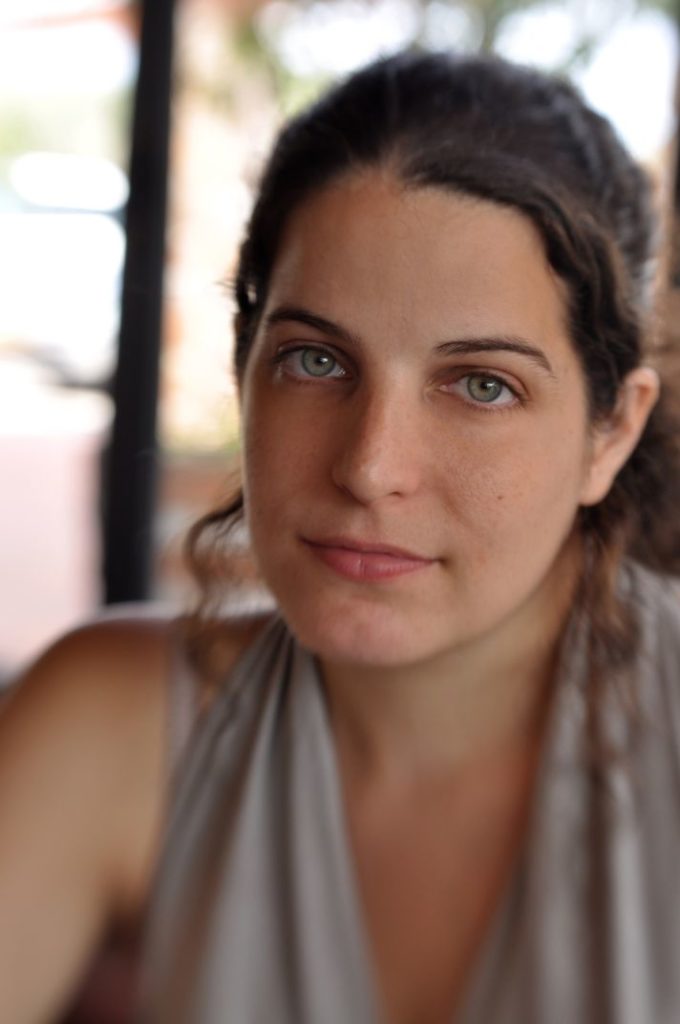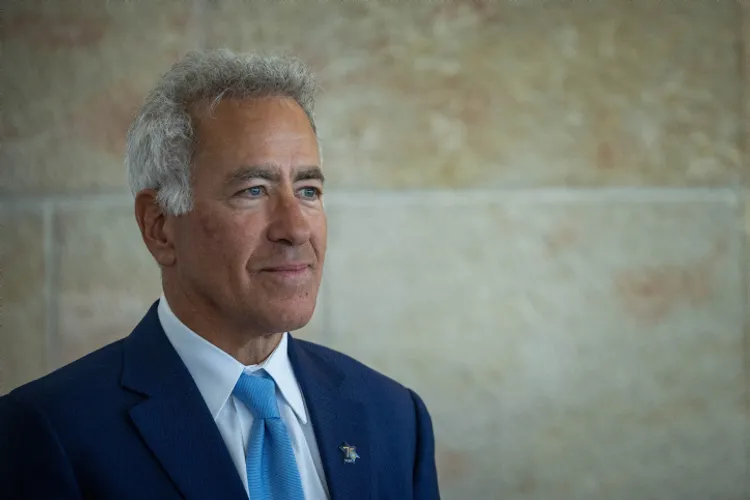
Daydreamers Suffer More From Sleep Deprivation
Daydreamers Suffer More From Sleep Deprivation
January 24, 2017
A new BGU study has determined that those with a tendency toward “dissociative absorption” can have a harder time returning to full alertness after sleeping, even after getting a full eight hours.
“Dissociative absorption is the tendency to involuntarily narrow one’s attention to the point where they are oblivious to their surroundings,” the researchers explain in their paper, which was recently published in the journal Consciousness and Cognition.
“It involves a temporary lack of reflective consciousness, which means the individual may act automatically while imagining vividly, bringing about confusion between reality and fantasy.”
People with this trait are also more likely to daydream, or get fully absorbed in reading a book or watching a movie.
“People who tend to daydream have difficulty regulating the transition between different states of consciousness and between different awake and sleep states,” says Dr. Nirit Soffer-Dudek of BGU’s Department of Psychology.
“Therefore any disruptions to their sleep-wake cycle generates an especially strong shakeup of their system, and the person has a harder time fighting off sleepiness,” she adds.
The question of who is more affected by sleepiness is relevant to the general population, but it is especially crucial when it comes to people who must function in extreme situations with very little sleep such as pilots, combat soldiers, professional drivers, and others.
Dr. Soffer-Dudek and her team conducted their research on Israeli Air Force pilots and officers. As part of their training, pilots participate in a four-day seminar exposing them to the effects of fatigue. The purpose was to emphasize the importance of adhering to an orderly and sufficient sleep routine during operational activity.
The researchers hope to further study dissociative absorption and how it could be used to ensure that the right people are in roles that require the ability to stay alert against an unpredictable sleep cycle.




